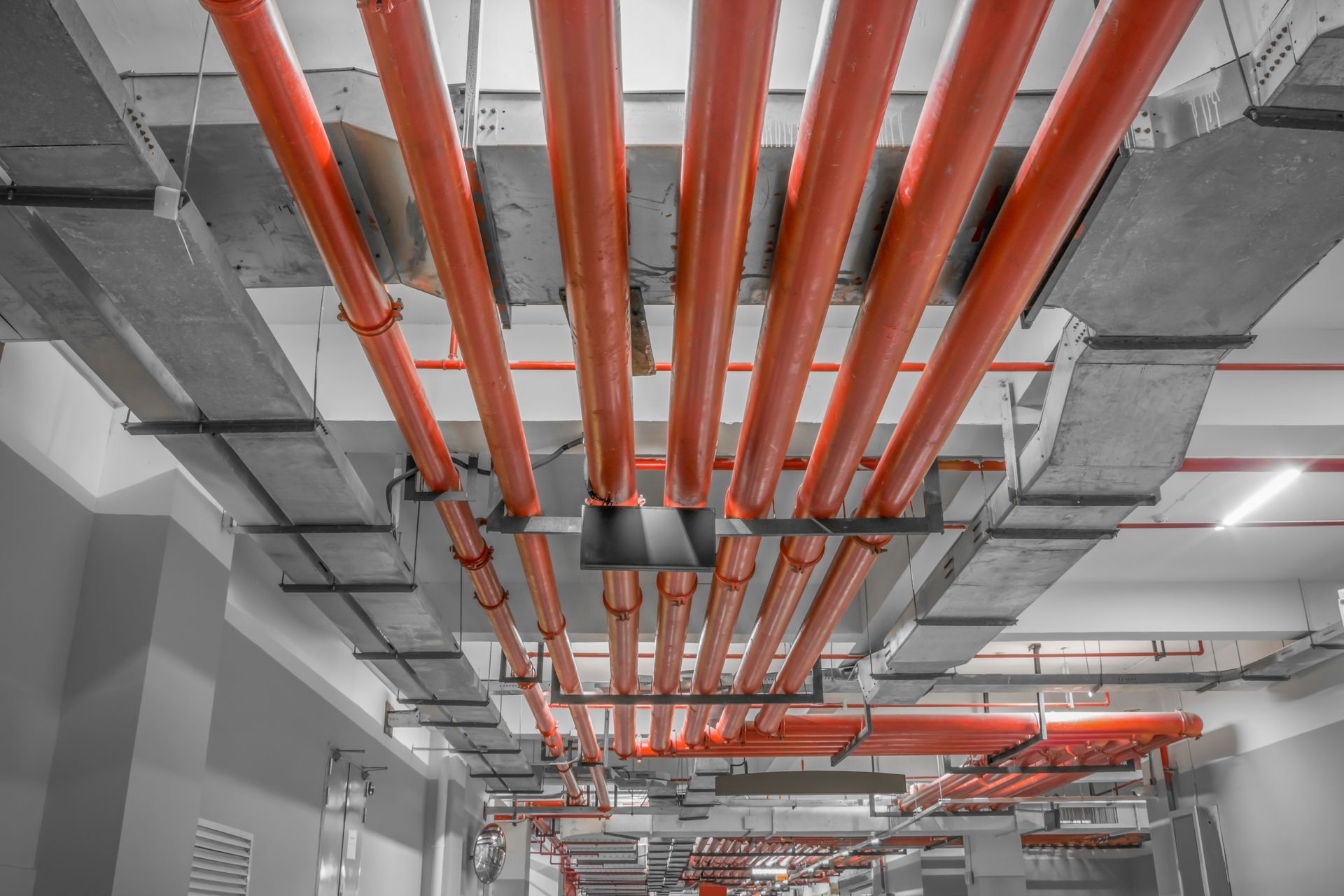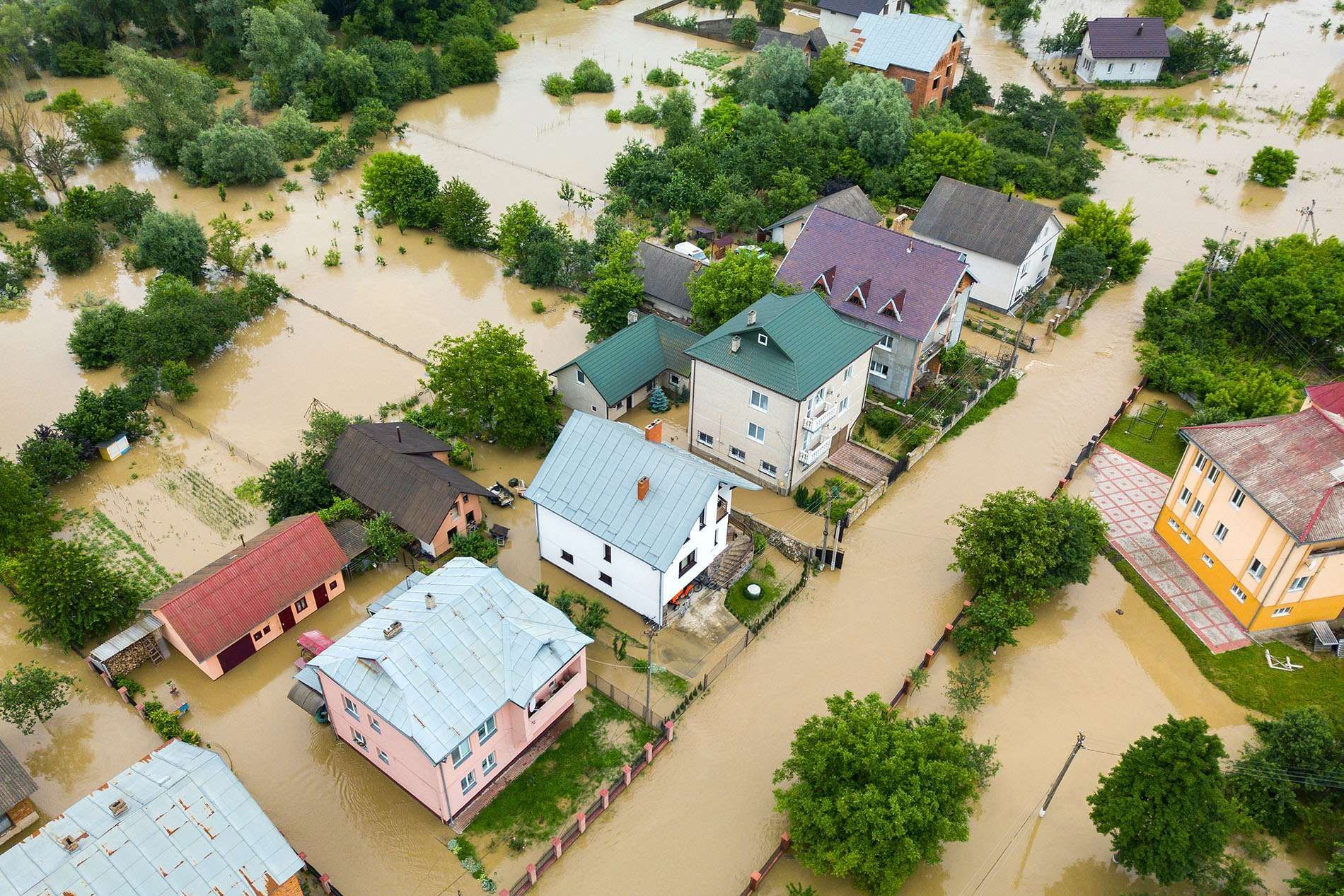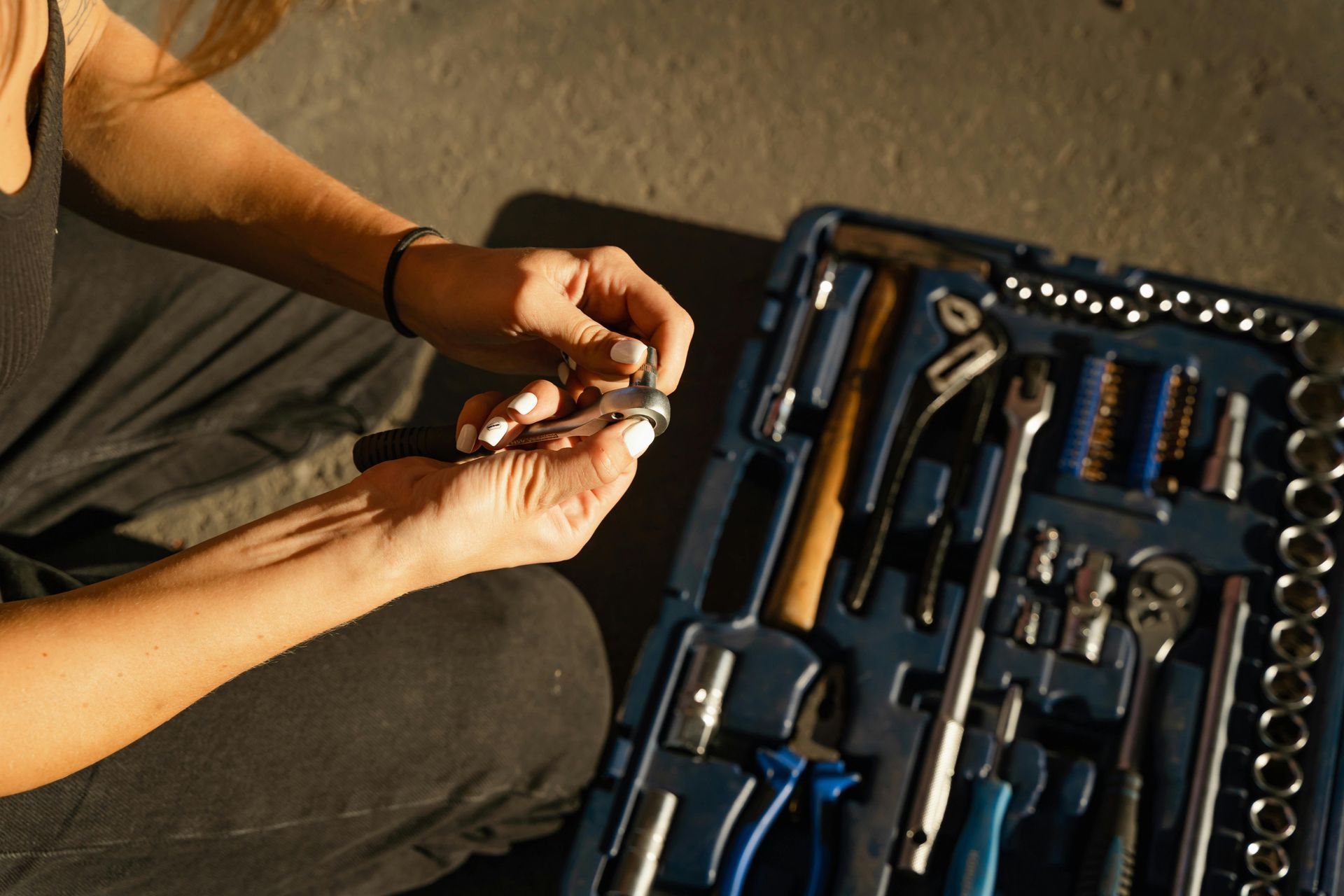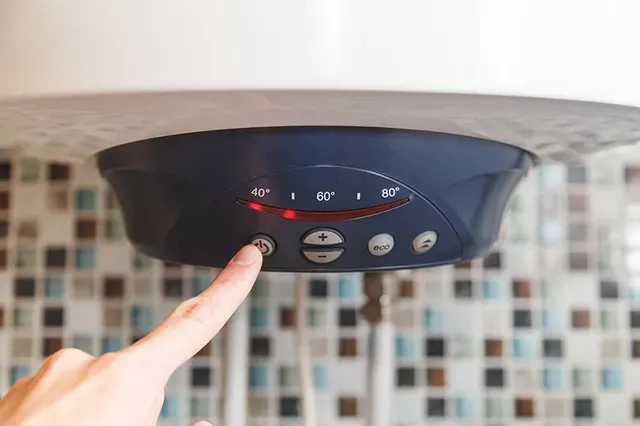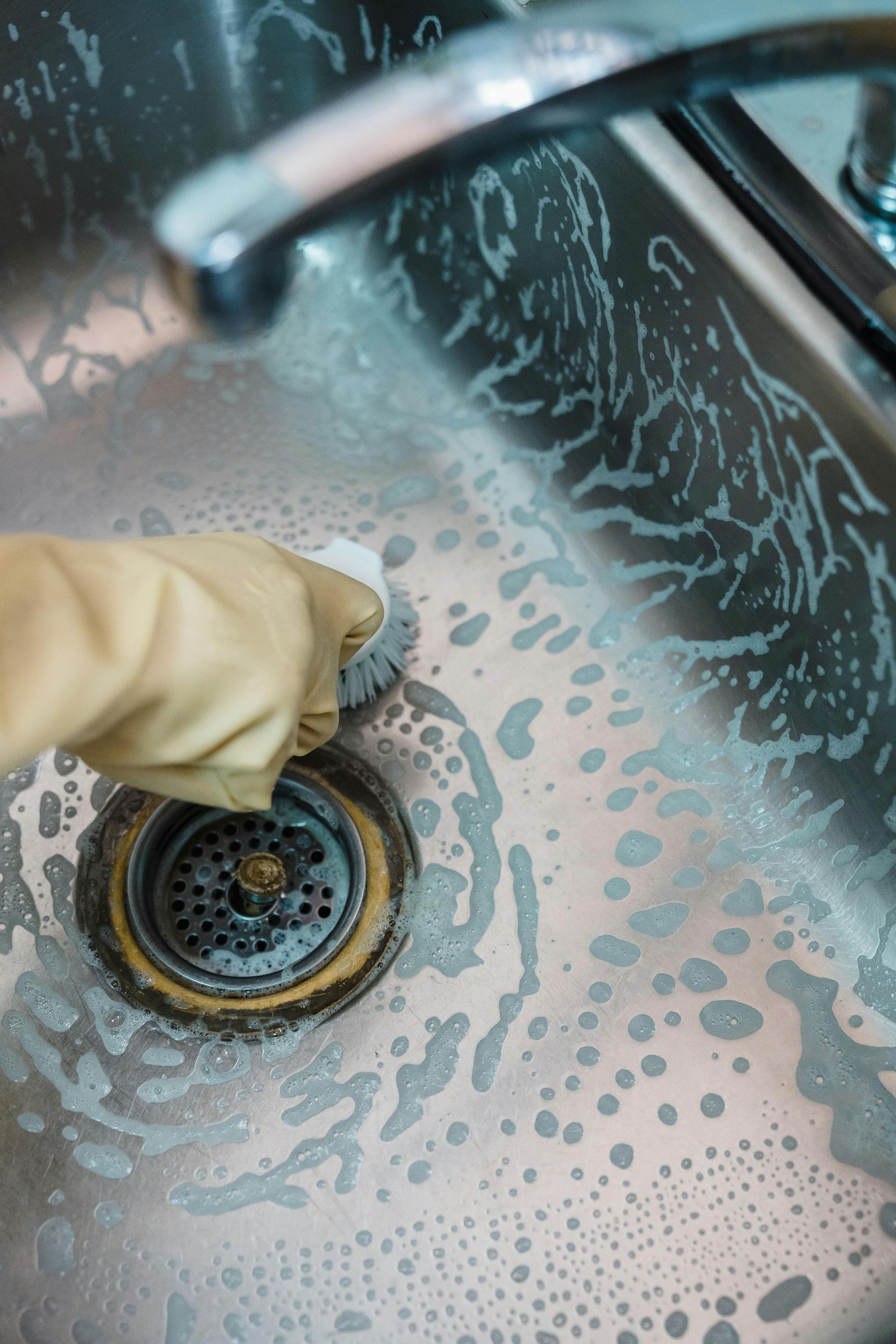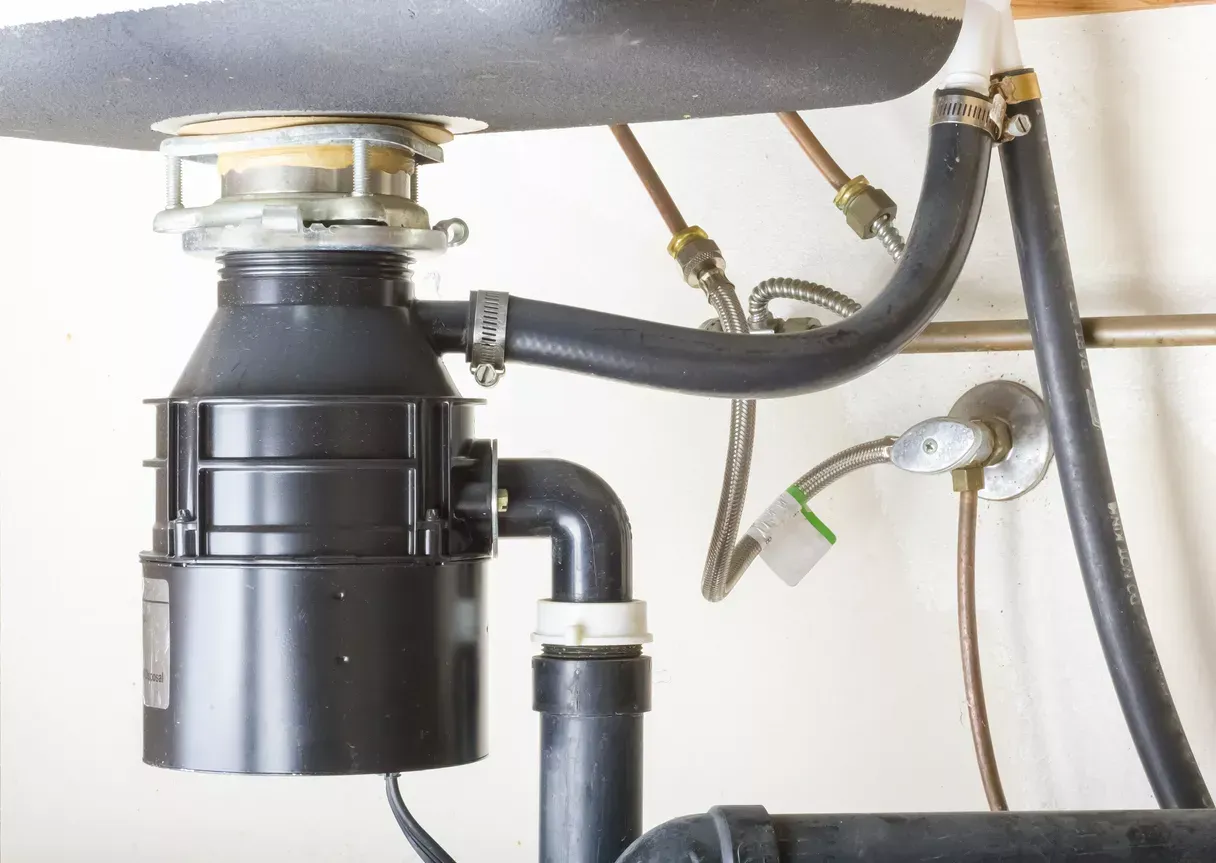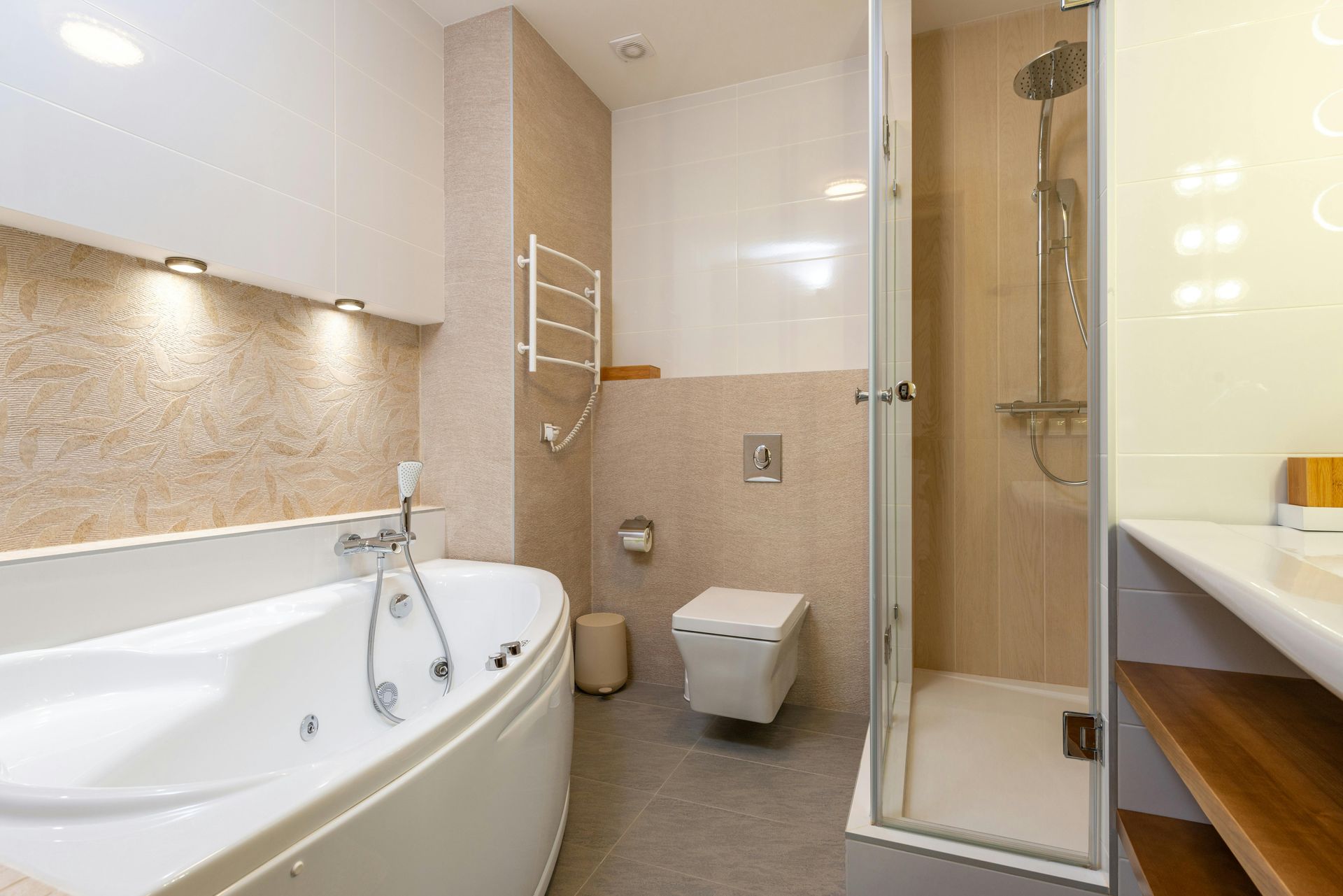How to Prevent Waterline Freezing in the Winter
Frozen pipes are one of the most common winter hazards for homeowners, often leading to pipe bursts, water damage, and costly repairs. When water freezes inside a pipe, it expands and creates pressure, potentially causing the pipe to crack or burst. The good news is that with the right precautions, you can prevent your pipes from freezing and avoid the complications that come with it. This guide will explore various strategies to protect your plumbing system from freezing temperatures during the winter.
Facts About Water Line Replacement That Everyone Should Know
Why Pipe Freezing Happens
Pipe freezing occurs when the temperature outside drops below 32°F (0°C), especially in uninsulated or poorly heated areas like basements, attics, garages, and exterior walls. Cold air and wind exacerbate the situation by cooling pipes faster, increasing the risk of freezing.
Pipes most vulnerable to freezing include:
- Outdoor pipes and spigots
- Pipes in unheated spaces (basements, attics, crawl spaces)
- Exposed plumbing on exterior walls
- Pipes located under kitchen or bathroom sinks near exterior walls
Signs Your Pipes Might Freeze
To prevent frozen pipes, it's helpful to recognize the early signs of potential freezing:
- Frost on the outside of pipes
- Unusually low water pressure
- Strange noises from your plumbing (gurgling, bubbling)
- Water flow suddenly stops from a faucet
Tips to Prevent Pipe Freezing
1. Insulate Exposed Pipes
One of the most effective ways to prevent pipes from freezing is to insulate them, particularly those in unheated areas or along exterior walls. Insulation materials include:
- Foam pipe sleeves: Pre-slit foam tubes that you can wrap around the pipes.
- Heat tape or heat cables: Electrically powered cables that warm the pipes to prevent freezing.
- Fiberglass insulation: Ideal for large areas like basements or crawl spaces, this wrap can provide additional warmth to exposed pipes.
How it helps: Insulation keeps the cold air away from pipes, maintaining a warmer internal temperature.
2. Keep the Heat On
Even if you are leaving your home for an extended period during the winter, it's essential to keep the heat on. Set your thermostat to at least 55°F (13°C) to ensure that your pipes stay warm enough to prevent freezing.
- Tip: Consider using a smart thermostat to regulate heating in specific zones of your house, saving energy while preventing pipes from freezing.
3. Let Faucets Drip
During extreme cold, allow a small trickle of water to flow from faucets connected to vulnerable pipes. Running water through the pipes, even at a slow pace, prevents pressure from building up inside the pipes and reduces the chances of freezing.
- Tip: Focus on faucets located near exterior walls or in unheated areas, as these are more likely to freeze.
4. Open Cabinet Doors
If your kitchen or bathroom pipes run along exterior walls, keep cabinet doors open during particularly cold spells. This allows warm air from your home to circulate around the pipes, reducing the risk of freezing.
- Tip: If you have pets or small children, ensure that any dangerous household chemicals stored under the sink are out of reach.
5. Seal Cracks and Gaps
Cold air can seep into your home through gaps around doors, windows, and where pipes enter or exit the house. By sealing these gaps with caulk or insulation, you reduce cold drafts that could cool pipes and increase the risk of freezing.
- Tip: Pay special attention to areas where pipes penetrate the exterior walls, as cold air can directly affect exposed plumbing.
6. Disconnect Outdoor Hoses and Shut Off Exterior Faucets
Before winter, disconnect garden hoses from outdoor faucets and shut off the water supply to these faucets. Drain any remaining water from the hose and faucet to prevent freezing and bursting.
- Tip: Use insulated faucet covers to provide extra protection for exterior spigots.
7. Install Frost-Free Faucets
If you live in an area prone to severe winter weather, consider installing frost-free faucets. These faucets are designed to prevent water from freezing inside the faucet mechanism, reducing the risk of freezing.
How it helps: By keeping the shut-off valve inside the house (where it’s warmer), these faucets can prevent water from freezing in the exposed part of the pipe.
8. Keep Garage Doors Closed
If you have pipes running through or near your garage, keep the garage doors closed as much as possible during cold weather. This will help maintain a warmer environment and protect the pipes from freezing.
9. Heat Uninsulated Areas
For pipes in unheated areas such as basements, attics, or crawl spaces, consider installing a space heater or pipe heating cables to keep these spaces warm. This can be particularly important during prolonged periods of sub-freezing temperatures.
10. Install a Water Leak Detection System
Water leak detection systems can provide an early warning of frozen pipes. These systems detect unusual water pressure or water flow in your home and alert you to potential freezing before the situation worsens.
- Tip: Some advanced systems can automatically shut off your water supply if a leak or burst pipe is detected, preventing further damage.
What to Do If Your Pipes Freeze
Despite your best efforts, pipes may still freeze under extremely cold conditions. Here’s what to do if you suspect a pipe has frozen:
- Turn on the faucet: Open the faucet connected to the frozen pipe to allow water to flow once it thaws.
- Apply heat: Use a space heater, heat lamp, or hairdryer to gently warm the frozen section of pipe. Do not use an open flame or blowtorch, as this can damage the pipe or cause a fire.
- Check for leaks: Once the pipe has thawed, check for any signs of leaks or cracks. A frozen pipe may have weakened, and it could still burst.
If you are unable to thaw the pipe or notice any cracks or leaks, call a professional plumber immediately.
Preventing Frozen Pipes During Extended Vacations
If you’re planning to leave your home for an extended period during the winter, take extra precautions to prevent pipe freezing:
- Shut off the water supply: Turn off the main water supply and drain your pipes before leaving.
- Have a friend or neighbor check: Ask someone to periodically check on your home to ensure the heating system is working.
- Install a smart thermostat: Use a smart thermostat to monitor and control your home's temperature remotely.
Conclusion
Preventing frozen pipes during the winter is essential to avoid costly repairs, water damage, and other inconveniences. By insulating pipes, keeping the heat on, and taking simple preventive measures, you can protect your home from the dangers of pipe freezing. In extreme cold, being proactive and vigilant will save you from dealing with burst pipes and the associated expenses.


